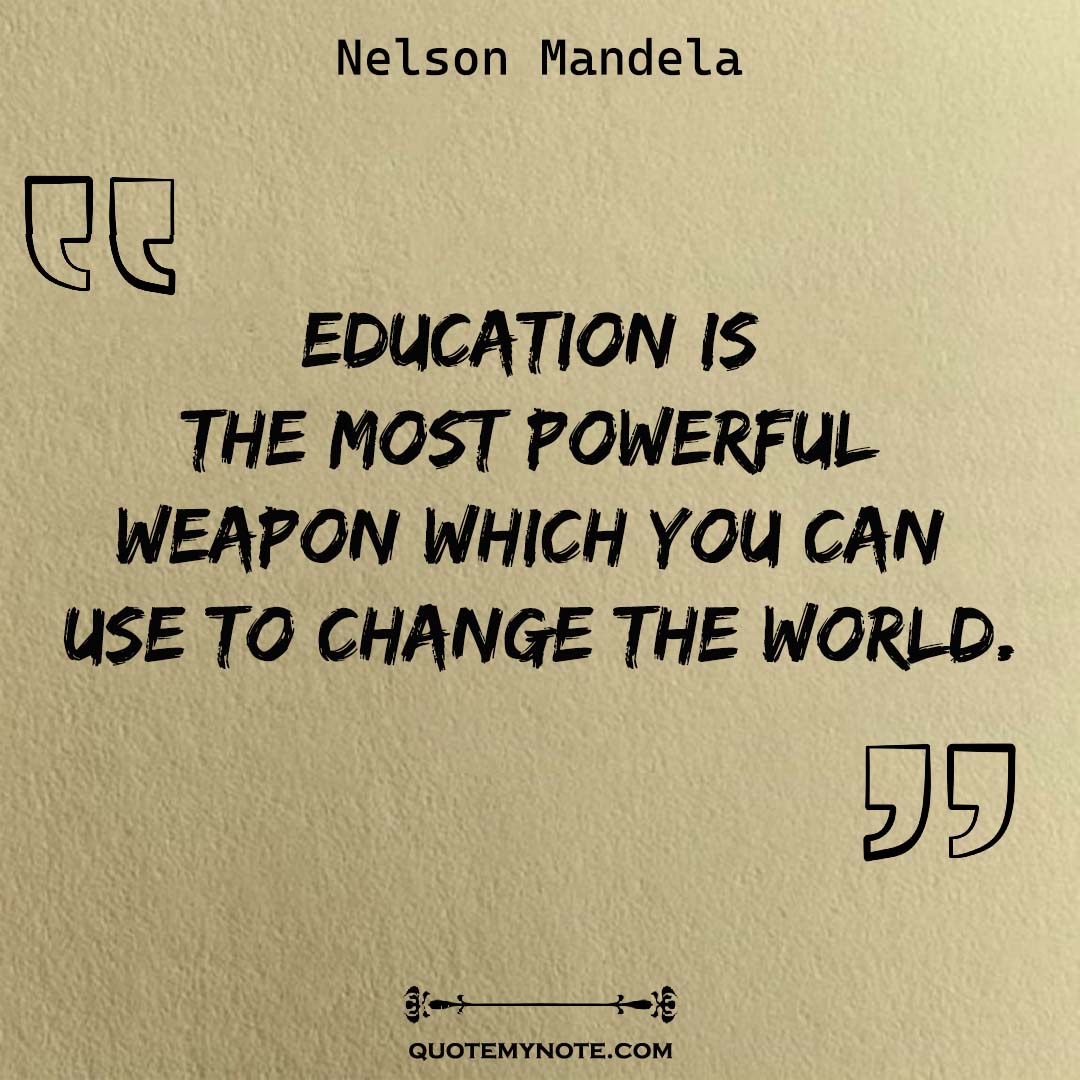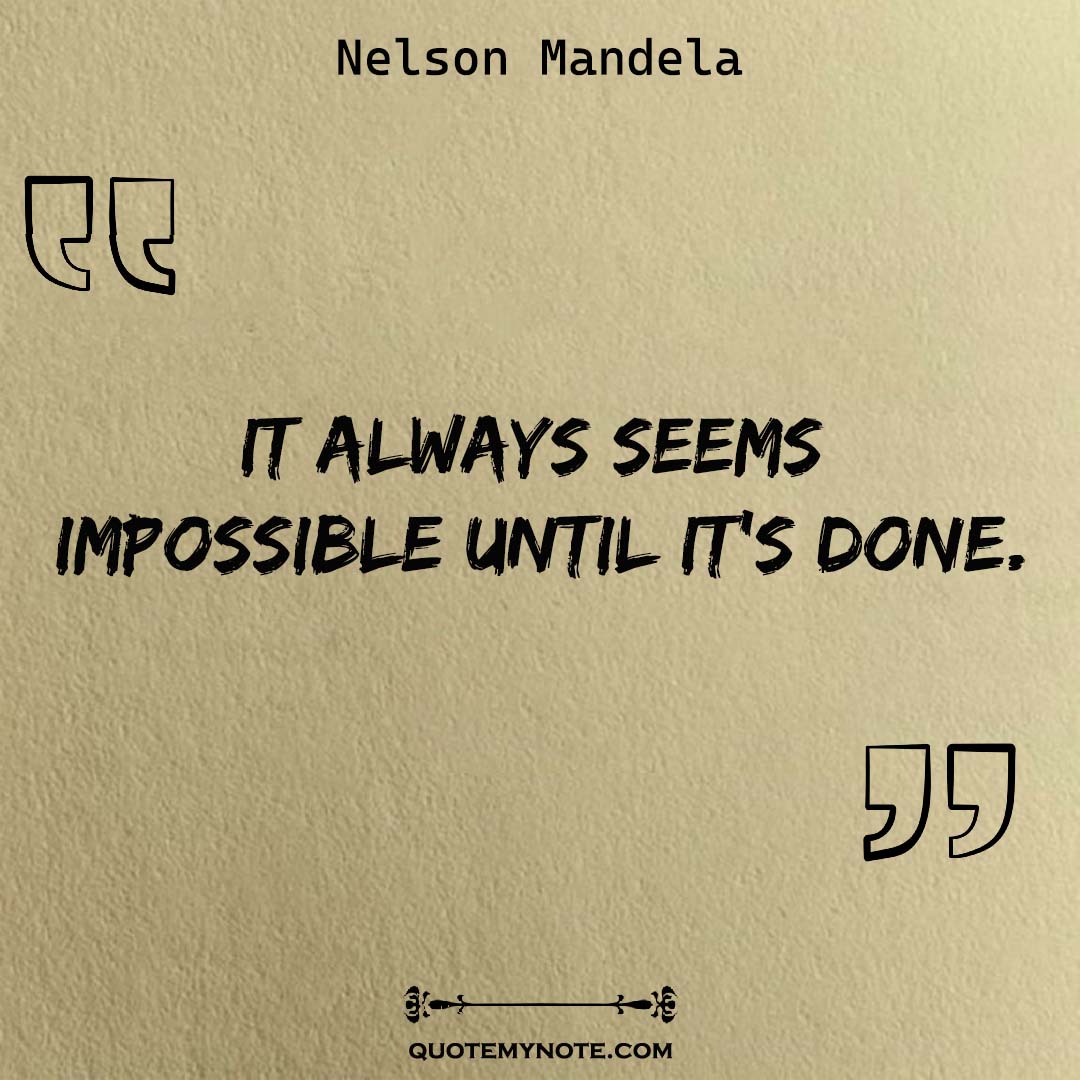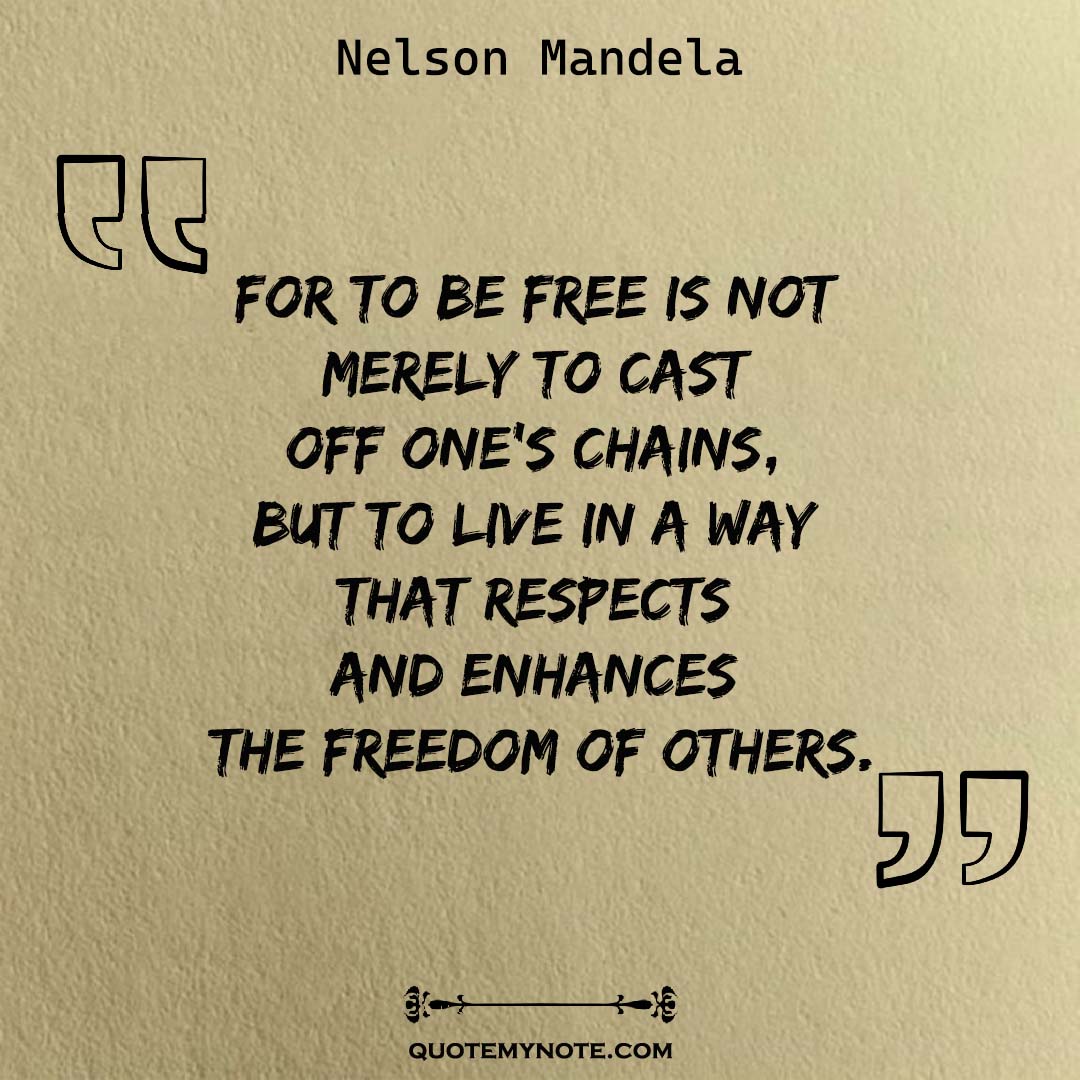Nelson Mandela Quotes for Inspiration and Motivation

Nelson Mandela: A Symbol of Hope and Freedom
Nelson Mandela was a South African anti-apartheid revolutionary and politician who served as President of South Africa from 1994 to 1999. Born on July 18, 1918, in Mvezo, South Africa, Mandela became one of the most iconic figures of the 20th century.
Early Life and Education
Mandela was born into the Madiba clan, a prominent Thembu family. He attended Fort Hare University College and later studied law at the University of Witwatersrand. During his university years, Mandela became involved in the African National Congress (ANC), which would become a pivotal force in his life.
The Fight Against Apartheid
In 1944, Mandela co-founded the ANC Youth League, which advocated for the end of apartheid and equal rights for black South Africans. Mandela's activism led to his arrest in 1962, and he was sentenced to life imprisonment for treason. Despite being incarcerated for 27 years, Mandela continued to advocate for an end to apartheid.
Presidency and Legacy
In 1990, Mandela was released from prison, and in 1994, he became the first black president of South Africa. During his presidency, Mandela worked tirelessly to rebuild and reconcile the country. He established the Truth and Reconciliation Commission to address human rights abuses and promote forgiveness.
Beautiful and Inspirational Quotes by Nelson Mandela

Education is the most powerful weapon which you can use to change the world.
Nelson Mandela
When a man is denied the right to live the life he believes in, he has no choice but to become an outlaw.
Nelson Mandela


I learned that courage was not the absence of fear, but the triumph over it. The brave man is not he who does not feel afraid, but he who conquers that fear.
Nelson Mandela
Conclusion
Mandela's legacy extends far beyond his presidency. He became a global symbol of hope, freedom, and reconciliation. Mandela received numerous awards, including the Nobel Peace Prize in 1993. He passed away on December 5, 2013, but his impact on humanity continues to inspire generations.